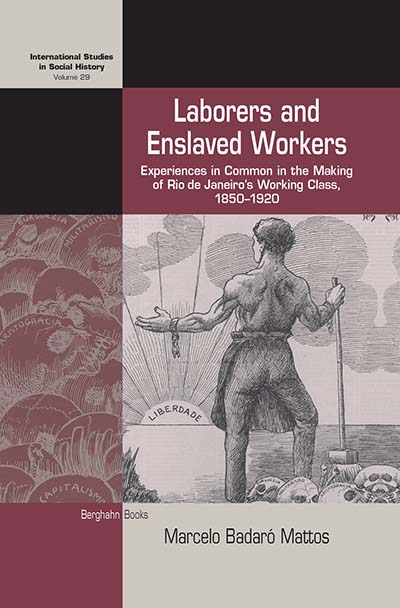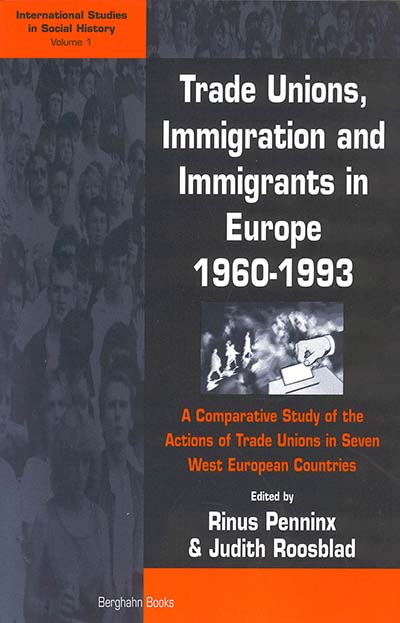
Series
Volume 29
International Studies in Social History
See Related
History JournalsEmail Newsletters
Sign up for our email newsletters to get customized updates on new Berghahn publications.
Laborers and Enslaved Workers
Experiences in Common in the Making of Rio de Janeiro's Working Class, 1850-1920
Marcelo Badaró Mattos
Translated by Renata Meirelles and Frederico Machado de Barros
186 pages, 3 illus., bibliog., index
ISBN 978-1-78533-629-4 $135.00/£104.00 / Hb / Published (September 2017)
eISBN 978-1-80758-731-4 eBook
Reviews
“There are many merits of Mattos’s book and its important contribution to making Brazilian labour history better known to English-speaking readers.” • International Review of Social History
“Moving outside the walls of university campuses and instead touching the hearts and minds of common people—particularly the youth and teachers in schools but also activists of social movements—Mattos’s most widespread contribution to contemporary Brazil is bringing attention to the fact that human beings were enslaved, which is a necessary modification in the way Brazilian history is perceived and told.” • The American Historical Review
“This is a fine piece of historical scholarship. Accessibly written and deeply researched, it offers important insights into the ways in which, despite their differences, enslaved and free workers combined their experiences as members of a working class with the ongoing movement to abolish slavery.” • Henrique Espada Lima, Universidade Federal de Santa Catarina
Description
From the middle of the nineteenth century until the 1888 abolition of slavery in Brazil, Rio de Janeiro was home to the largest urban population of enslaved workers anywhere in the Americas. It was also the site of an incipient working-class consciousness that expressed itself across seemingly distinct social categories. In this volume, Marcelo Badaró Mattos demonstrates that these two historical phenomena cannot be understood in isolation. Drawing on a wide range of historical sources, Badaró Mattos reveals the diverse labor arrangements and associative life of Rio’s working class, from which emerged the many strategies that workers both free and unfree pursued in their struggles against oppression.
Marcelo Badaró Mattos is Full Professor of Brazilian History at Universidade Federal Fluminense, Brazil. He is the author and editor of a number of books, including Trabalhadores e sindicatos no Brazil (Workers and Trade Unions in Brazil; second edition, 2009) and E. P. Thompson e a tradição de crítica ativa do materialismo histórico (E. P. Thompson and the Tradition of Active Critique of Historical Materialism; 2012).


